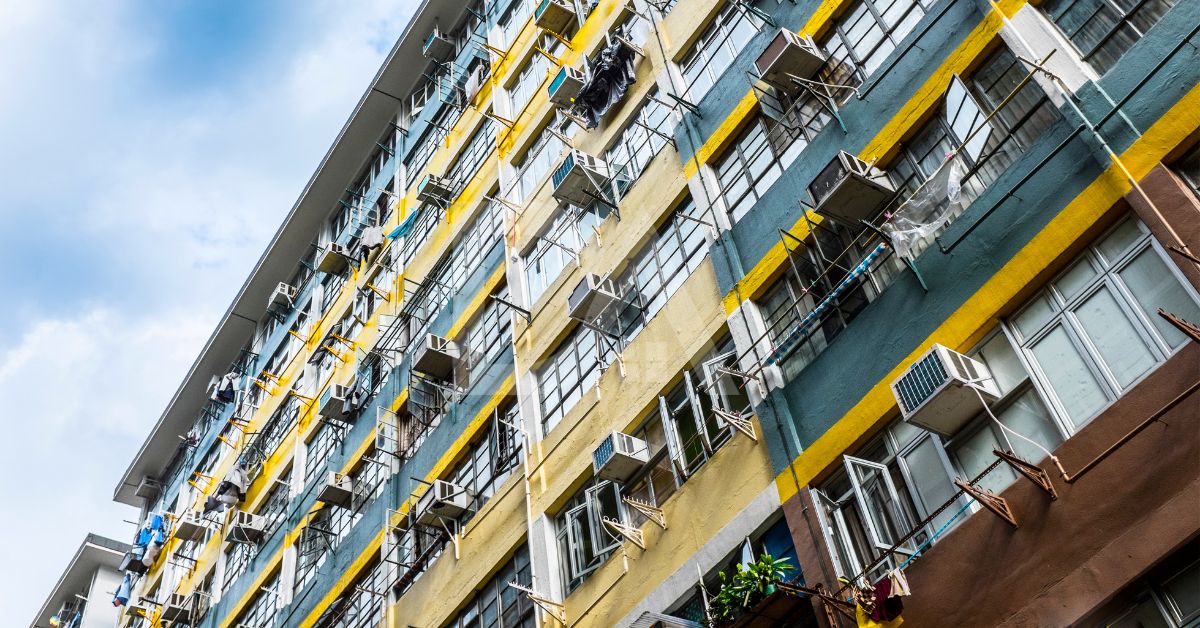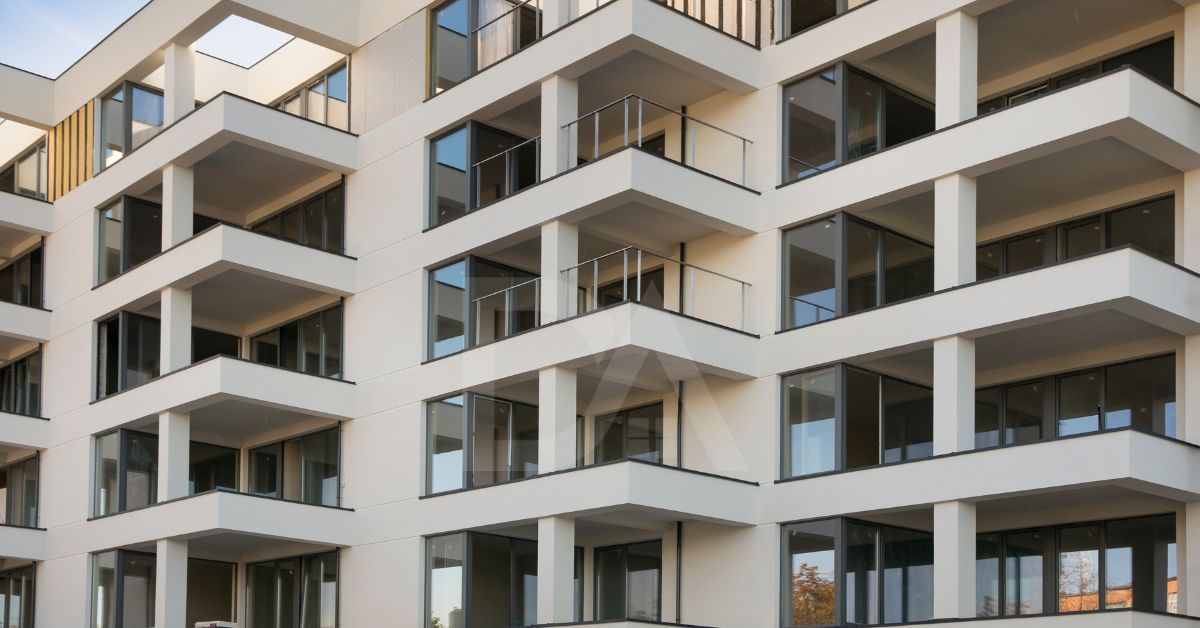Resale Property vs Fresh Booking
Deal Acres
Last Update 2 jaar geleden
If you are unsure whether to buy a fresh or resale home then You are in the perfect place. we will help you by assisting in the decision-making, we shall compare and contrast the two varieties in this essay.
Resale Property vs Fresh Booking
Real estate purchase is not simple. The timing of the purchase is just as crucial as the choice of the seller. You could have to decide between purchasing a brand-new unit from a developer and purchasing from an owner when reserving a home. These two options are, in essence, referred to as the primary and secondary markets, respectively. You must choose wisely depending on the specifics of each of these possibilities because both offer pros and cons.
Pros: Fresh Booking
The most popular payment option for newly constructed units that are still under construction is the construction-linked plan. The main benefit of purchasing a unit that is still being built by a developer is the simplicity of payment.
You won’t need to be concerned about the paint chipping or nail holes because the item is brand new and unused. You can start over when making adjustments to your unit.
Pros: Resale Property
You can use your negotiating skills to acquire significant discounts on the secondary market when the market is slow. Investors may reduce rates in a last-ditch effort to get out of the real estate market. Even honest vendors may lower their pricing to penetrate the developer’s market.
The resale market has a greater selection of options that are ready to move into. Within a few months, you may buy an apartment that is almost ready for occupancy.

Cons: Fresh Booking
Booking a freshly built property that is still under construction carries the risk of delayed possession. Even though RERA protects homeowners’ safety, if a project is delayed, you can have to pay both an EMI and rent.
A five percent Goods and Services Tax (GST) of the entire cost of the property would apply when purchasing in the primary market. In the event that the property is ready for selling, you would not be subject to this tax.
Cons: Resale property
Generally, a lump sum payment or a few installments over a brief period of time are needed for the secondary market. Your ability to secure an immediate, sizable down payment may be difficult.
A broker’s involvement in a sale transaction may result in higher costs for you. Brokerage fees are typically in the range of 1-2 % of the total transaction value.
You are aware that a resale property needs some form of renovation, but there are a few more things to consider. You might, for instance, be bent on moving to a certain area of the city or a nearby neighborhood where newly constructed homes are rare or unavailable unless you acquire an existing home, demolish it, and then construct a new home on the property. Alternatively, you might appreciate home improvements and the opportunity to renovate an old home, even if doing so takes a lot of time and money.
Therefore, it makes sense that people prefer older homes, but the advantages of fresh booking that follow can change your mind:

Affordability
The first thing that prospective homeowners should think about is affordability. Resale property may be preferred by prospective buyers in the belief that it will cost less. But they must be aware that extra costs such as registration fees, transfer fees, stamp fees, utility fees, etc. must also be paid. Additionally, resale properties need upkeep and repairs. On the other hand, fresh booking homes that are built in up-and-coming areas or suburbs will be less expensive than a resale property in well-established areas of a city.
Energy-Intensive/Green Structures
A fresh booking is actually a superior option, whether you are worried about the environment or about paying high electric bills. Homes constructed now must adhere to much stricter national code requirements for energy efficiency than those constructed a few years ago. In actuality, the majority of newly constructed homes include energy certifications for the walls, roofs, windows, doors, and even appliance bundles.
Since they were constructed decades ago to considerably lower standards, when energy usage was an afterthought, very few resale properties offer certifications. It will cost a lot of money to make an old home an energy-efficient property, but fresh bookings come with air filtration systems that improve interior air quality and reduce the likelihood that purchasers with asthma or allergies would be negatively impacted.
Fittings, Wiring, and Space Flexibility
While resale property frequently has wiring and fixture issues, a fresh booking comes with fixtures and fittings that are already secure and ensure a hassle-free solution for a very long time. The design is predetermined when you purchase an older house, but you can always offer advice and design suggestions to the builder when a new house is being built.
Finance
The process of purchasing a resale property is very drawn out and involves investigating the seller’s background, verifying the documents’ validity, having the seller close the mortgage, registering the property with the appropriate authorities, etc. When you purchase a fresh booking home, the majority of the work is handled by the developer.
Value at Resale
People often believe they will stay in the same house forever, but they eventually want to sell it for a variety of reasons, including moving to another city or country. A home that is 20 years old will not have the same resale value as one that is 5 years old.
So, the end goal is to buy a home, whether it’s new or old. But only a person who wants to buy a home can make the best choice.

